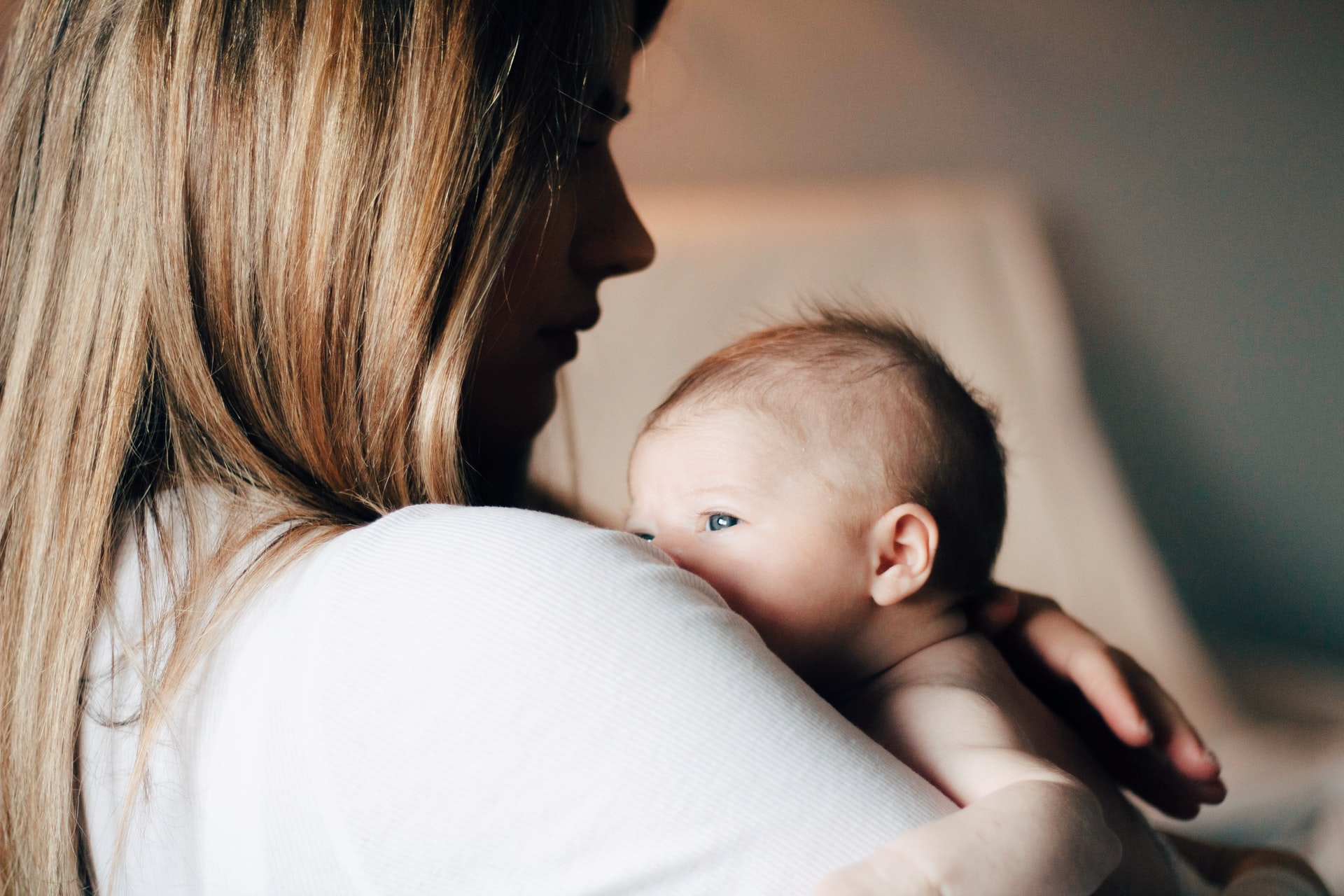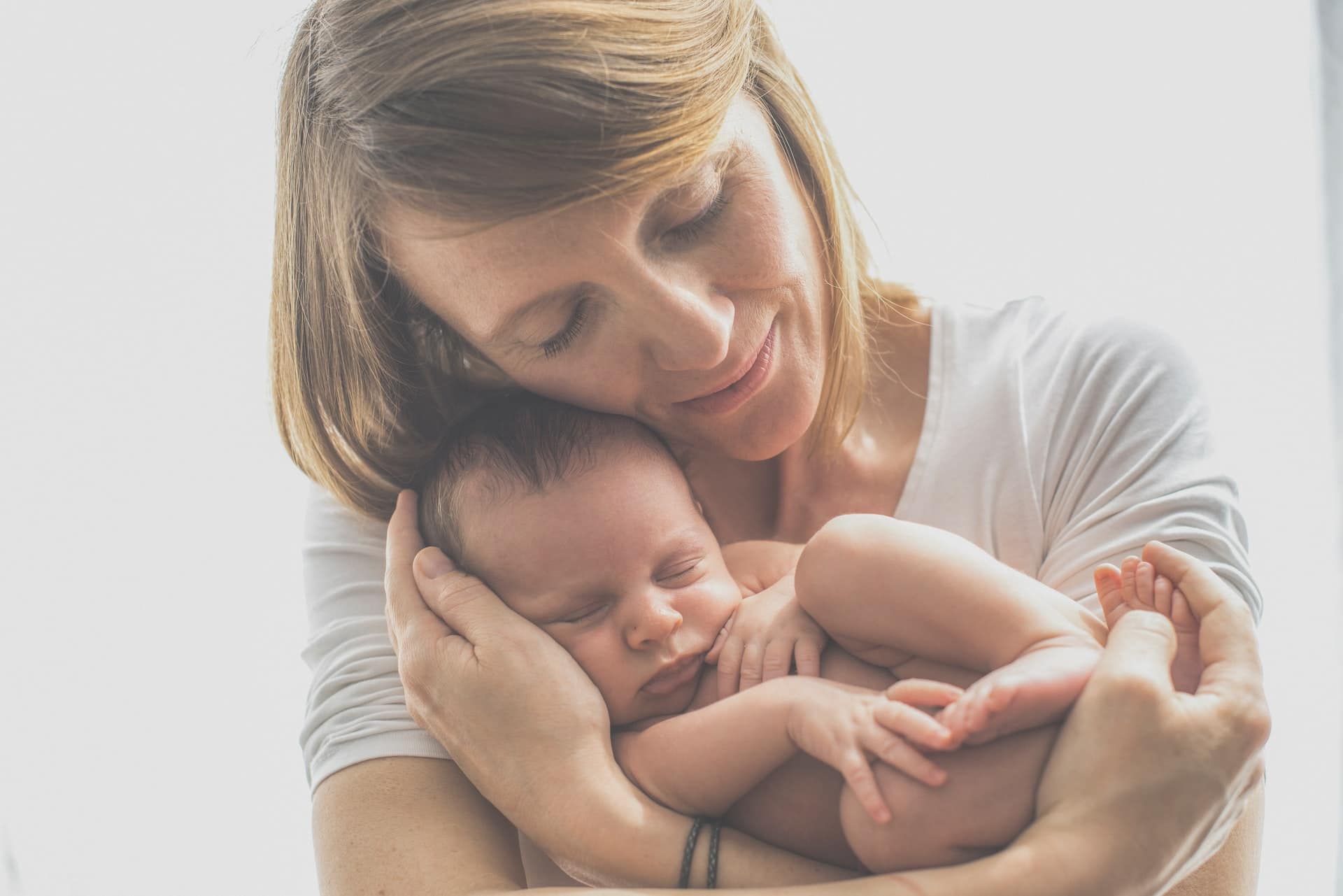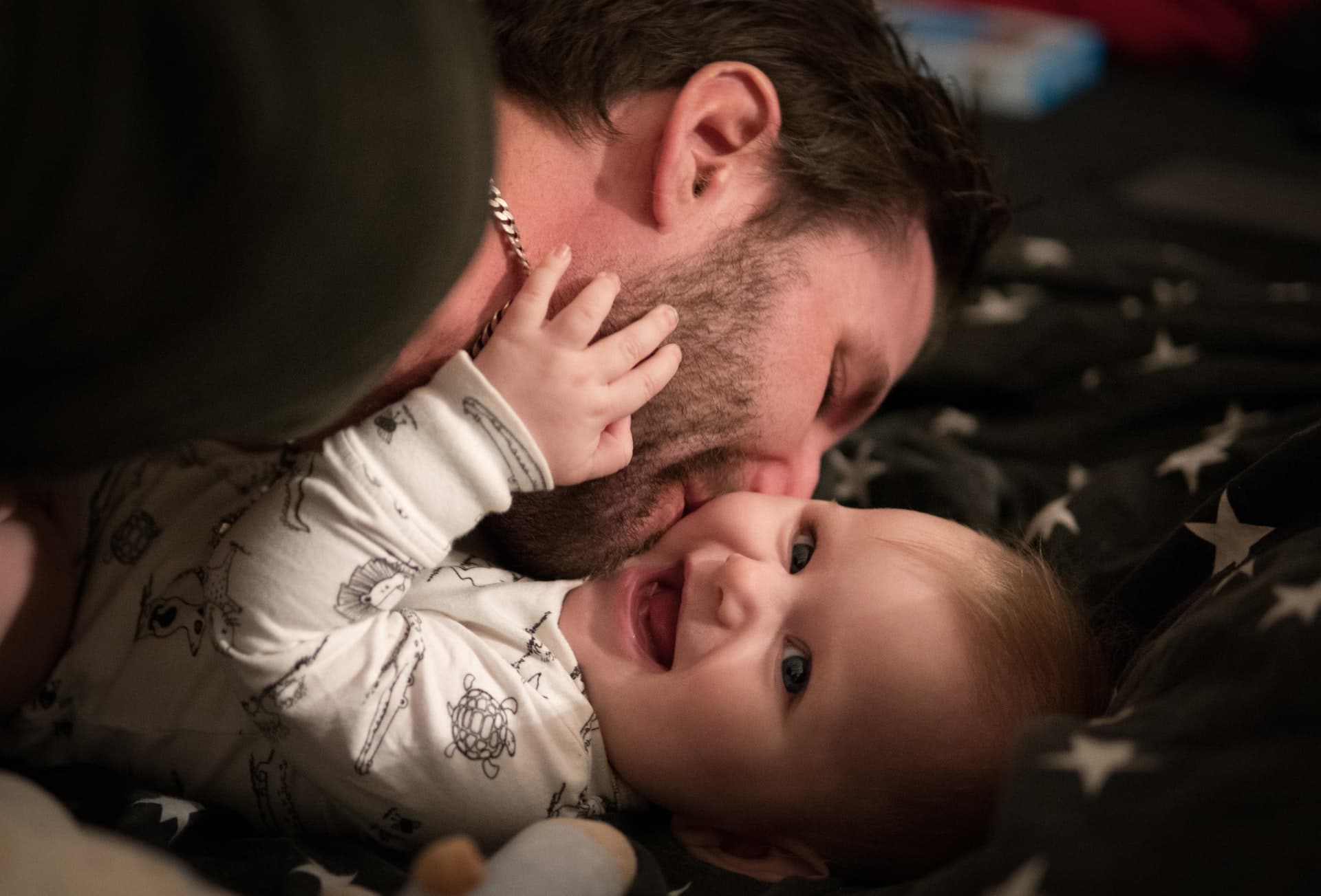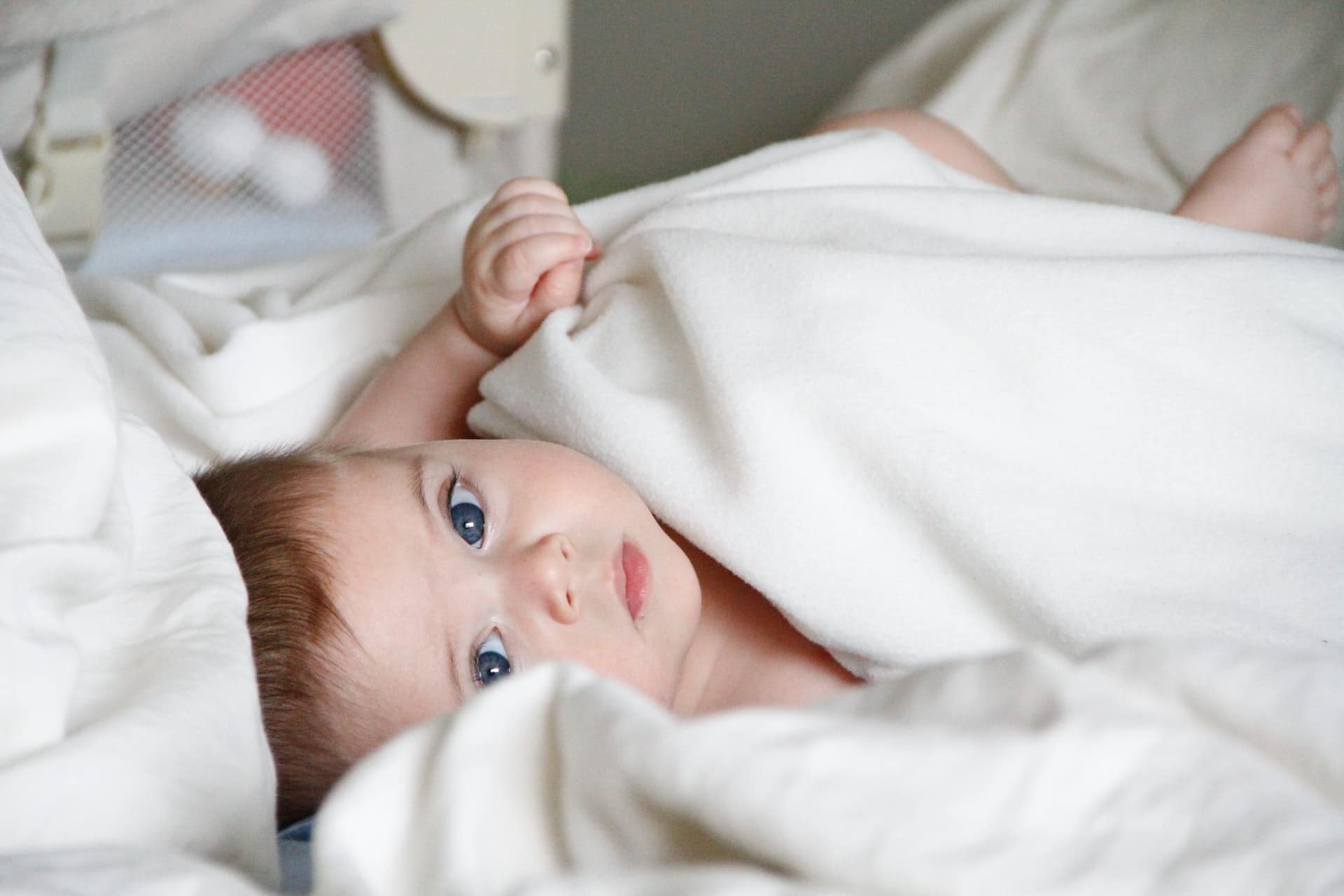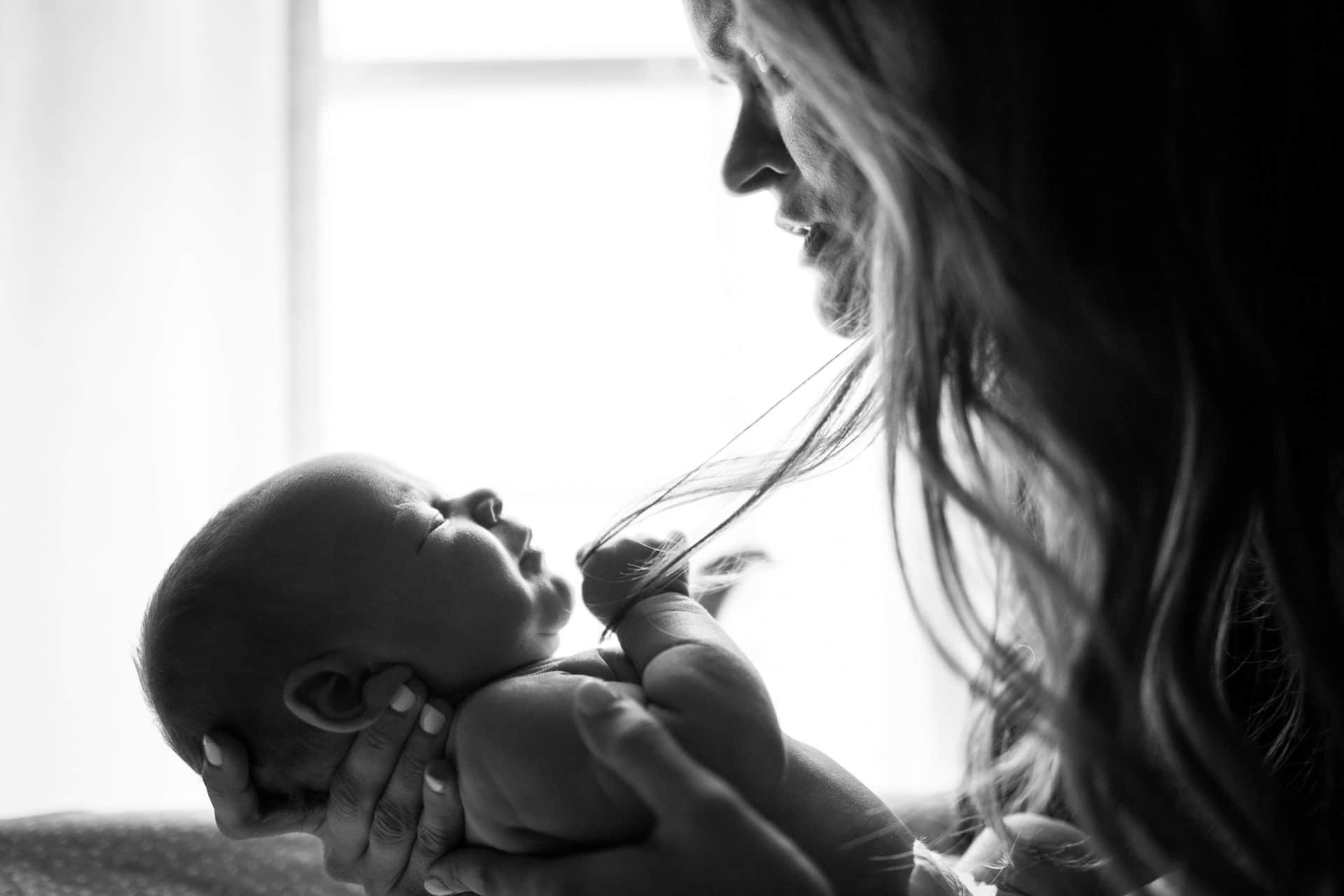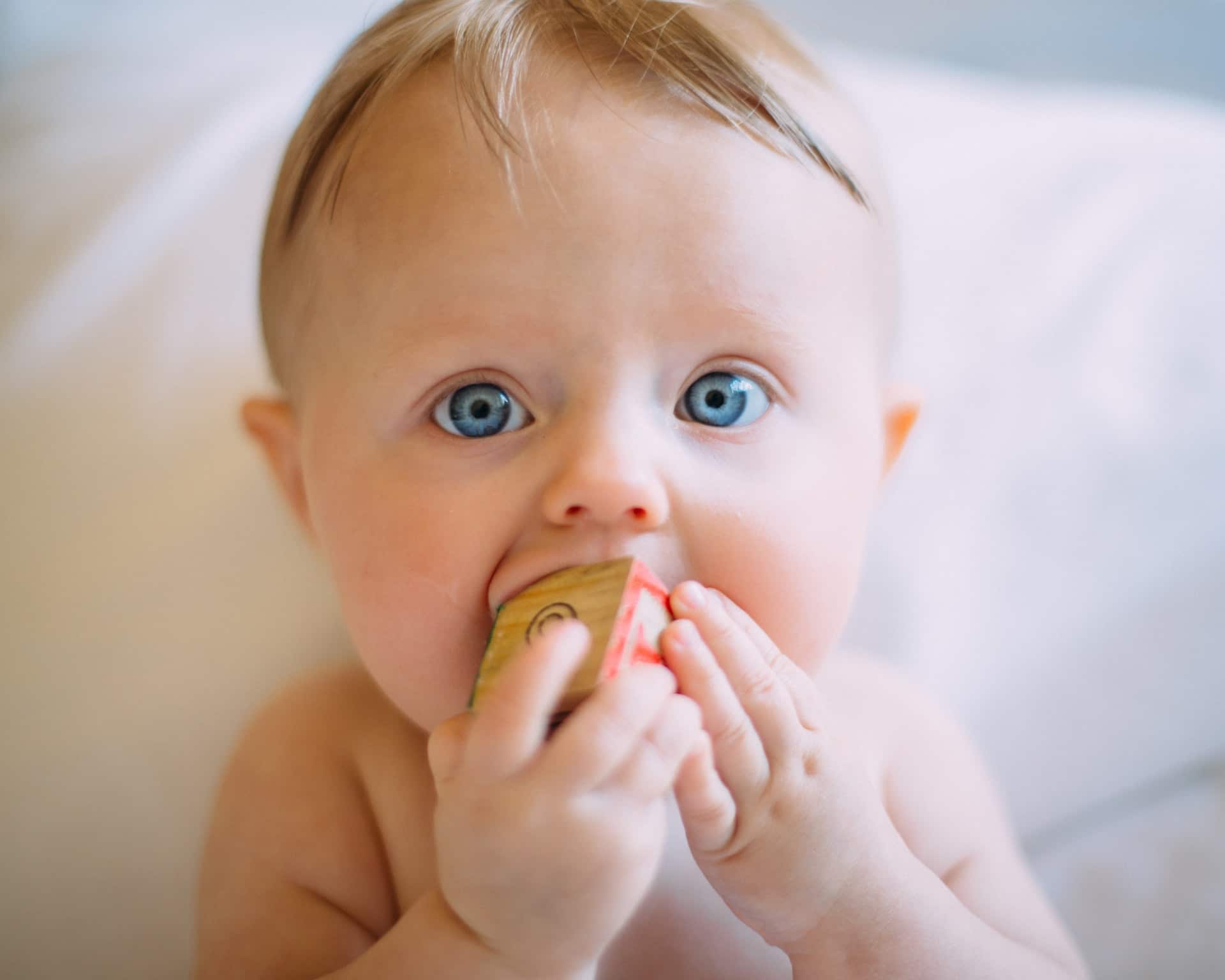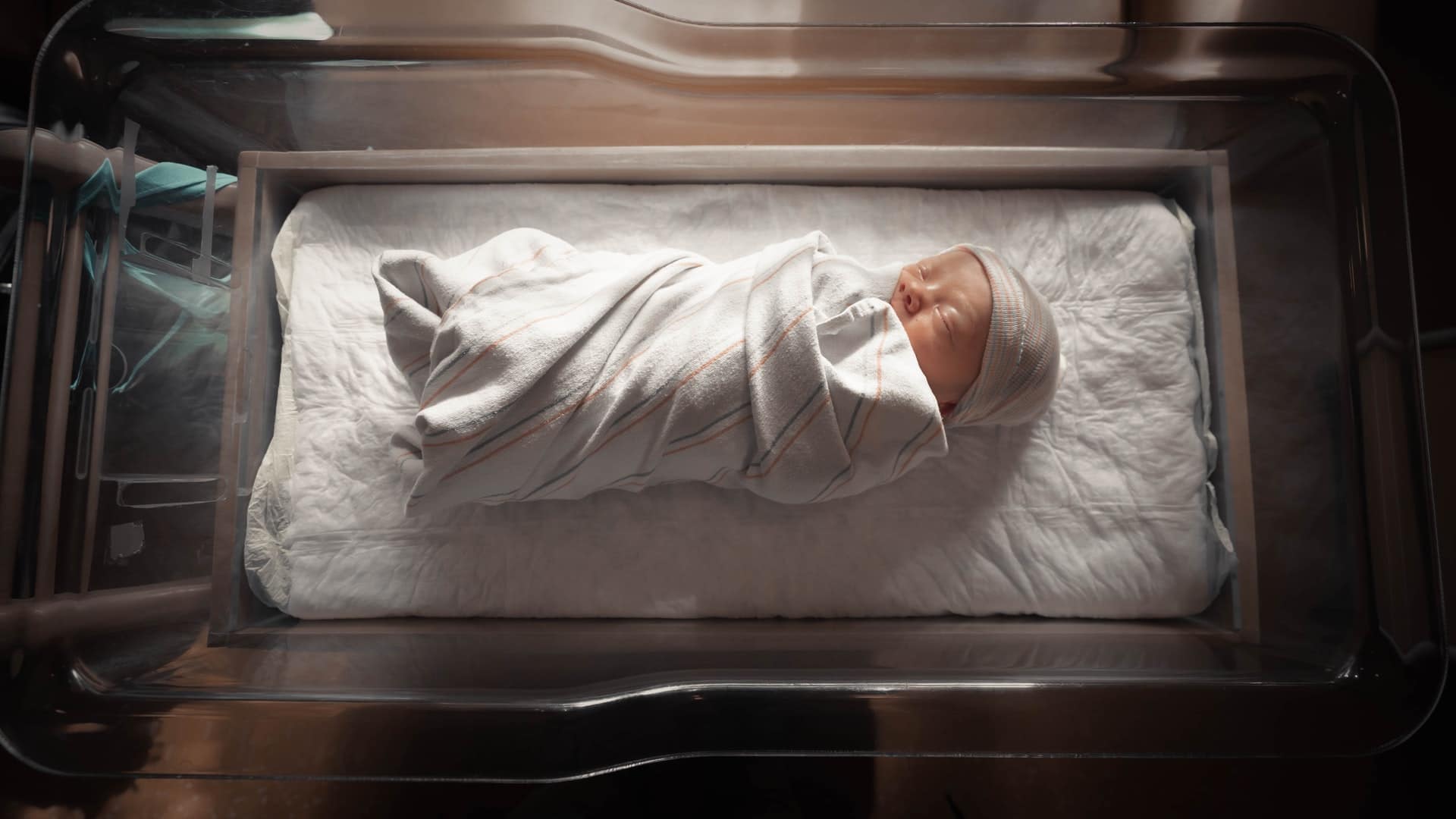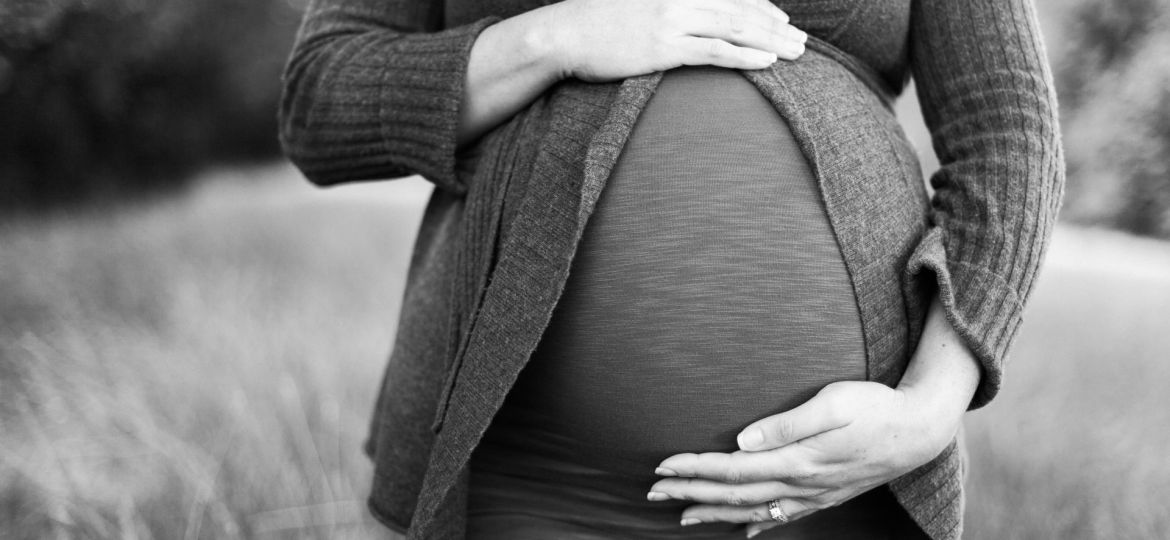
When you are pregnant, joy sometimes gives way to doubts and questions. Can my baby hear my voice? How is the delivery going? Will I gain a lot of weight? Fortunately, professionals (midwife, doctor…) are always there to answer your questions. However, sometimes questions that are a little more embarrassing and crazy cross your mind. Among them, a question often torments the mind of mothers without them daring to speak about it: does the baby fart in the belly? No need to panic. We will answer it.
How are farts produced?
You probably know that farts are intestinal gases that escape from your anus with noise and smell. But do you know how they are produced?
At the beginning of the digestion process is the intake of food. You chew the food and swallow it. This food will end up in the stomach, where gastric juices will act. These will liquefy the contents of the stomach and send it to the intestine.
During the passage in the small intestine, the nutrients will be absorbed while the waste will go towards the colon. The colon is home to a very important bacterial flora. It is composed of bacteria that digest part of the waste, producing intestinal gas, which is the source of farts.
How does fetal digestion work?
In your belly, your baby is fed via the umbilical cord. This gives it the proteins, fats and carbohydrates it needs to grow. As for water and minerals, your child finds them in the amniotic fluid. Your baby will regularly swallow fluid to train his digestive system. He will then produce urine that will flow into the amniotic fluid.
Gradually, meconium will appear and fill the baby’s intestines. This is a greenish, sticky substance that will be eliminated with the first bowel movement. At this stage, the fetal intestine is devoid of bacterial flora. Therefore, the baby cannot produce intestinal gas.
How do the intestinal bacteria responsible for farts appear?

In your womb, your baby’s digestive tract is sterile. It does not contain any bacteria. During vaginal delivery, the bacteria present in the mother’s vagina will contaminate the baby and colonize his digestive tract. These bacteria will settle in a precise order and constitute the bacterial flora essential to the production of intestinal gas. A few hours after birth, your baby will be able to emit its first farts.
For babies born by cesarean section, it is not the bacteria of the vaginal flora that will contaminate the baby, but the bacteria of the environment (mother’s skin, medical staff…). Here again, these bacteria will be at the origin of the bacterial flora that will produce the intestinal gases.
What are the noises I hear in my belly?
Lately, you’ve been hearing strange noises in your belly and you were convinced that your baby was farting. Unfortunately, you’ve just learned that this is not possible because your baby will not produce intestinal gas until after birth.
During pregnancy, the inside of your abdomen undergoes unprecedented changes. Your organs move to accommodate your growing baby. As a result, your bowels may become compressed and make more noise than usual. Also keep in mind that it is common to suffer from aerophagia during pregnancy. The volume of intestinal gas is greater, so it can make more noise as it moves through the intestines.
If your belly is jerking and it keeps coming back, your baby probably has hiccups. In the womb, the fetus trains its breathing by working its diaphragm. Sometimes the baby swallows amniotic fluid too quickly, which will cause hiccups. This can last from a few minutes to several hours!
As you can see, baby does not fart in your belly. He will be able to after birth. He will then begin a long intestinal life made of numerous flatulences.




